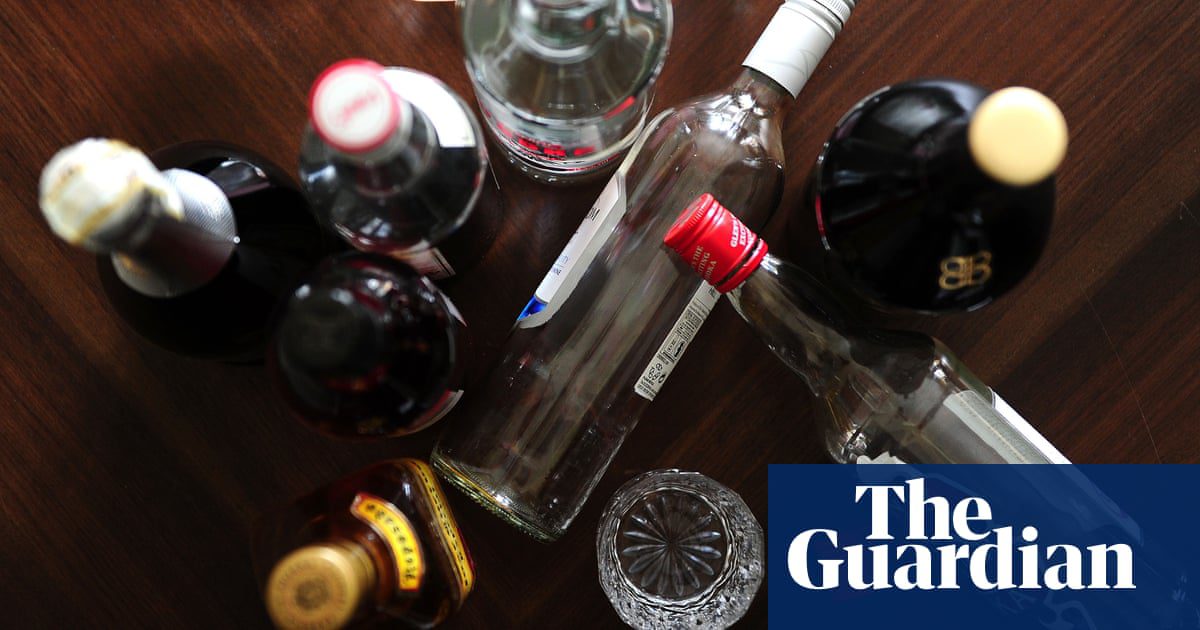
According to the World Health Organization (WHO), alcoholic beverages, including cans and bottles, should be labeled with warnings similar to those found on cigarette packages, indicating that alcohol consumption raises the risk of cancer.
The WHO has emphasized that governments need to mandate “prominent” health warnings on alcoholic products to inform consumers about the association between alcohol and cancer, aiming to mitigate the adverse effects of excessive drinking.
This initiative has garnered support from cancer charities, who believe that such labels would help educate the public on the well-documented link between alcohol and seven different types of cancer.
“Research shows that alcohol is a contributing factor to seven types of cancer, including two prevalent forms: breast and bowel cancer. Implementing warning labels would enhance public awareness and prompt individuals to consider their drinking habits,” stated Malcolm Clarke, senior prevention policy manager at Cancer Research UK.
The World Cancer Research Fund, which investigates various lifestyle choices and their correlations with cancer risk, has called on governments across the globe to take action.
Kate Oldridge-Turner, head of policy and public affairs at the fund, expressed concern: “Despite our findings indicating that alcohol poses a risk for at least seven types of cancer, most countries do not have any mandatory warning labels on alcoholic beverages. This lack of awareness about the alcohol-cancer link is troubling.”
“Visible and clear health warning labels can significantly enhance public understanding of the dangers associated with alcohol consumption, and such labels should be standard practice in Europe and beyond,” she added.
Dr. Vivek Murthy, who served as the U.S. surgeon general during President Joe Biden’s term, also advocated for similar measures last month.
Starting in May next year, Ireland will be the first European Union nation to mandate that alcohol manufacturers include health warnings about cancer on their labels.
In France and Lithuania, there are already existing labels that warn about alcohol consumption during pregnancy, while Germany requires indications of the legal drinking age on its alcohol packaging.
Dr. Hans Kluge, the WHO’s regional director for Europe, stated, “Prominent health warning labels on alcoholic beverages, including specific cancer alerts, are essential to the right to health, as they empower consumers to make informed decisions regarding the potential dangers associated with alcohol.”
“Providing this critical information does not detract from consumer choice; rather, it equips individuals with the knowledge that fosters empowerment,” he added.
Dr. Gauden Galea, a WHO strategic advisor on non-communicable diseases, stressed that these health warnings should be clearly visible on product labels rather than relegated to online platforms. He urged governments to resist pressure from commercial interests aimed at obstructing the implementation of these labels.
“Alcohol manufacturers frequently argue that these labels are ineffective; however, their resistance to evidence-based warnings suggests otherwise,” Galea mentioned.
The Portman Group, representing UK alcohol producers, contended that such warning labels would be an overly severe response to drinking issues and could cause anxiety among consumers.
A spokesperson for the group stated, “While we acknowledge the link between alcohol and cancer and understand the dangers of excessive drinking, we believe universal cancer warning labels are not a proportionate response. They risk causing unnecessary distress and could undermine public trust in health recommendations.”
They highlighted that the majority of individuals already consume less than the recommended maximum of 14 units per week as advised by the four chief medical officers in the UK.
Dr. Katherine Severi, chief executive of the Institute of Alcohol Studies, supported the WHO’s request. “In the UK, it’s absurd that bottles of juice or milk are required to display more information than bottles of wine or spirits. For too long, our inadequate regulations have prioritized alcohol company interests over public health,” she asserted.
She called on Health Secretary Wes Streeting to introduce “mandatory labeling that includes ingredients, calorie counts, alcohol units, guidelines from medical officers, and critical health risks like alcohol’s connection to pregnancy and cancer. People deserve transparency on what they consume.”
The Department of Health and Social Care was contacted for a statement.









